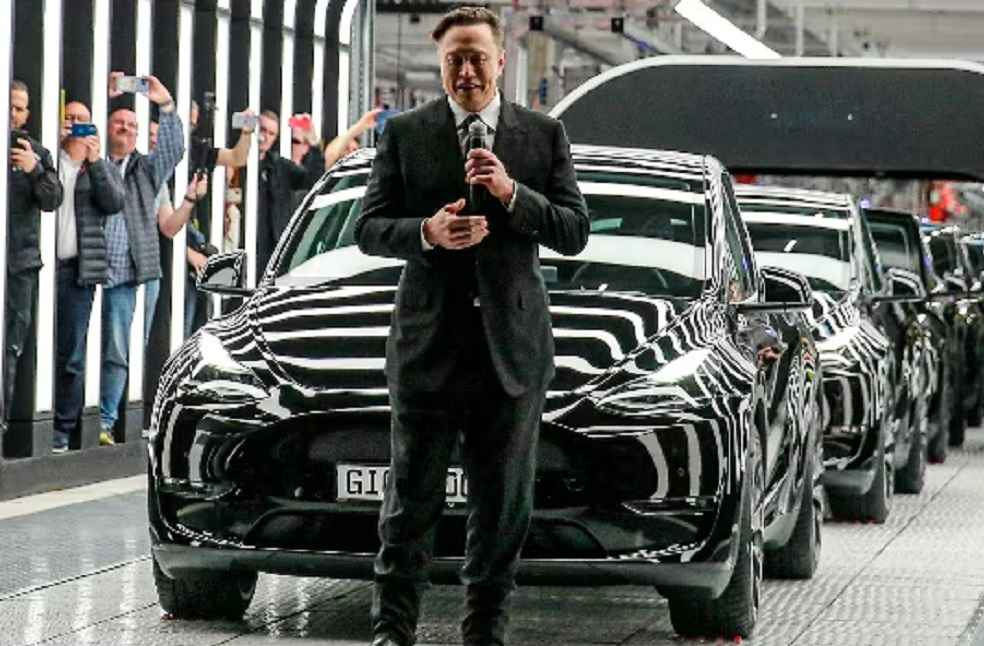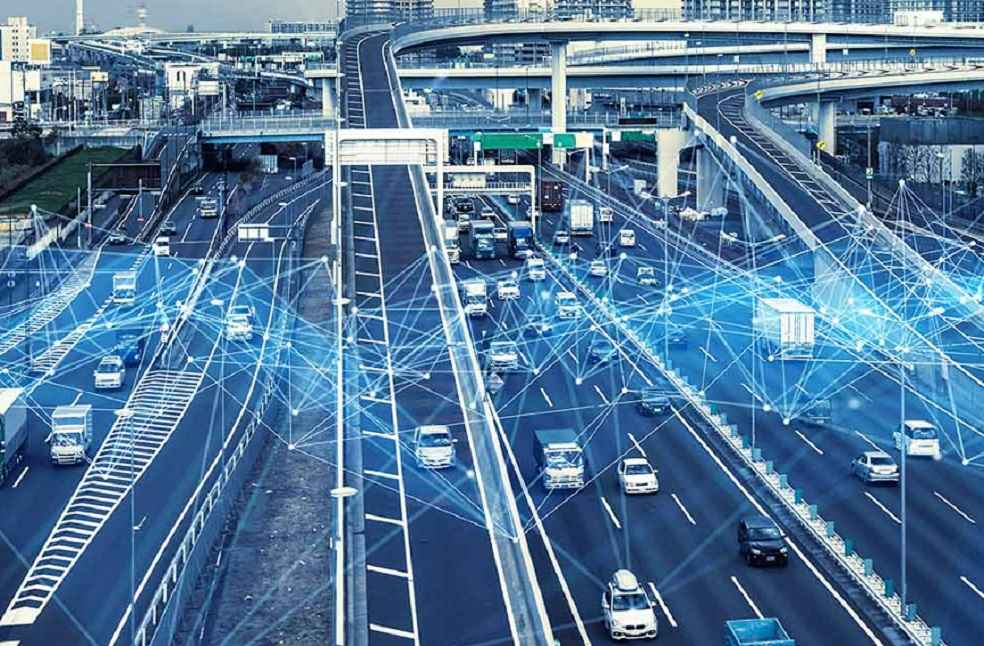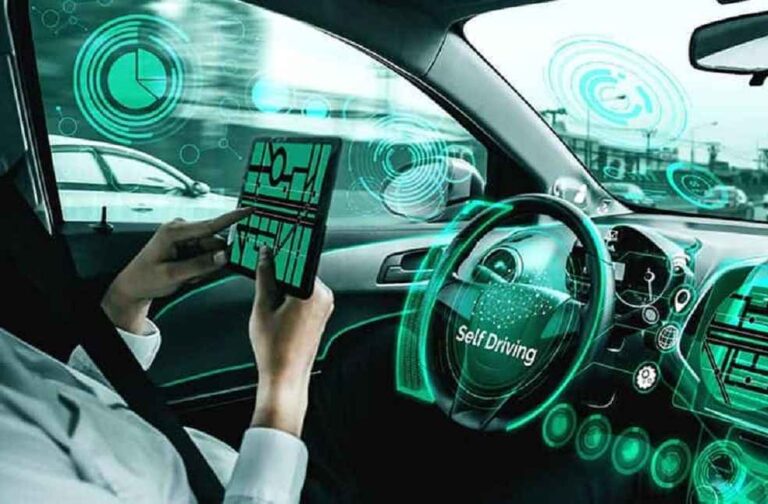Industry experts at the South African Auto Week have stated that self-driving vehicles are unlikely to become a common sight on the country’s roads in the near future. Despite rapid advancements in automotive technology, the lack of suitable policies and infrastructure poses major challenges to the widespread adoption of autonomous vehicles.
Peter van Binsbergen, CEO of BMW South Africa, highlighted that while new BMW models on South African roads are equipped with advanced driver assistance systems, artificial intelligence, and sensors designed to boost driver safety, fully autonomous vehicles face considerable hurdles.
“But driving a car is so complex and especially driving in a mixed mode where one person is driving the car themselves and another is driven by a computer — that is such a hurdle to cross and I don’t see it here in the short term,” van Binsbergen explained.

Elon Musk, the South African-born CEO of Tesla, has played a significant role in promoting self-driving vehicles globally, especially in markets where autonomous technologies are already in use. However, South Africa’s unique road conditions and infrastructure issues are preventing similar progress. Tesla’s efforts in the global market have contributed to Musk’s wealth, which now stands at $246.5 billion, making him the richest person on the planet.
BMW is currently preparing its Auto Xtreme platform, which includes testing tracks designed to trial the automation features of its vehicles before exporting them to countries with established infrastructure for autonomous driving.
Jan Aichinger, Managing Director of MAN Automotive South Africa, pointed out that road conditions, such as potholes, present a serious obstacle. “All our trucks are also fitted with automation and driving assistance systems. Currently, the drivers are switching those systems off if they can. Simply because the system is tracking in the middle of the road, where all the potholes are,” Aichinger said.

Billy Tom, CEO of Isuzu Motors and president of Naamsa, the National Association of Automobile Manufacturers of South Africa, echoed concerns about balancing technological advancements with local needs. He emphasized that while South Africa has the potential to manufacture vehicles for export markets, responsible companies must consider the country’s infrastructure limitations.
Thato Magasa, Managing Director of Mitsubishi South Africa, added that infrastructure development and accessibility are key factors that will influence how quickly new technologies, such as autonomous vehicles, gain acceptance in the local market.
For now, it appears that while self-driving cars are being developed and tested globally, South Africans will have to wait until the country’s infrastructure is ready to support their safe deployment.
LATEST | BYD Plans Rapid German EV Market Entry, Aims to Bypass EU Tariffs





